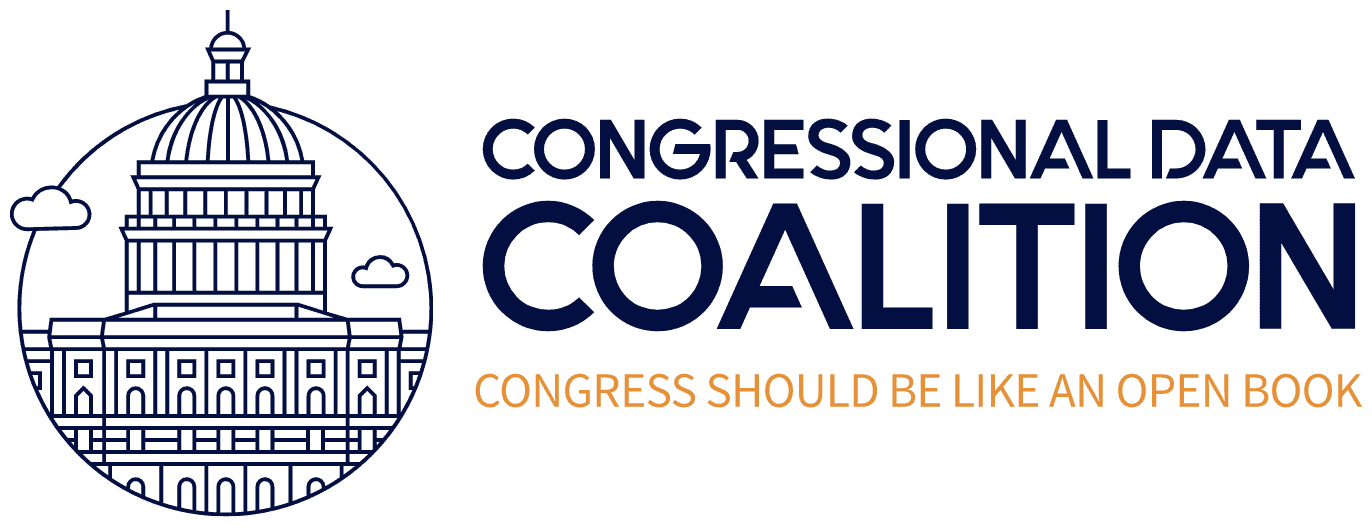John McGinnis has some kind words for work I oversee at the Cato Institute in a recent blog post of his entitled: “The Internet–A Technology for Encompassing Interests and Liberty.”
As he points out, the information environment helps determine outcomes in political systems because it controls who is in a position to exercise power.
The history of liberty has been in no small measure the struggle between diffuse and encompassing interests, on the one hand, and special interests, on the other. Through their concentrated power, special interests seek to use the state to their benefit, while diffuse interests concern the ordinary citizen or taxpayer, or in William Graham Sumner’s arresting phrase, The Forgotten Man. When the printing press was invented, the most important special interests were primarily the rulers themselves and the aristocrats who supported them. The printing press allowed the middle class to discover and organize around their common interests to sustain a democratic system that limited the exactions of the oligarchs.
But the struggle between diffuse and special interests does not disappear with the rise of democracy. Trade associations, farmers’ associations and unions have leverage with politicians to obtain benefits that the rest of us pay for. As a successor to the printing press, however, the internet advances liberty by continuing to reduce the cost of acquiring information. Such advances help diffuse groups more than special interests.
The Internet is the new printing press, and we’re generating data here at Cato that should allow it to have its natural, salutary effects for liberty.
My favorite current example is the “Appropriate Appropriations?” page published by the Washington Examiner. It allows you to easily see what representatives have introduced bills proposing to spend taxpayer money, information that—believe it or not—was hard to come by until now.
In John McGinnis, we have a legal scholar who recognizes the potential ramifications for governance of our entry into the information age. Read his whole post and, for more in this area, his book, Accelerating Democracy: Transforming Governance Through Technology.
This post was originally published at the Cato Institute’s Cato@Liberty blog. This work is licensed under a Creative Commons Attribution-NonCommercial-ShareAlike 3.0 Unported License.
